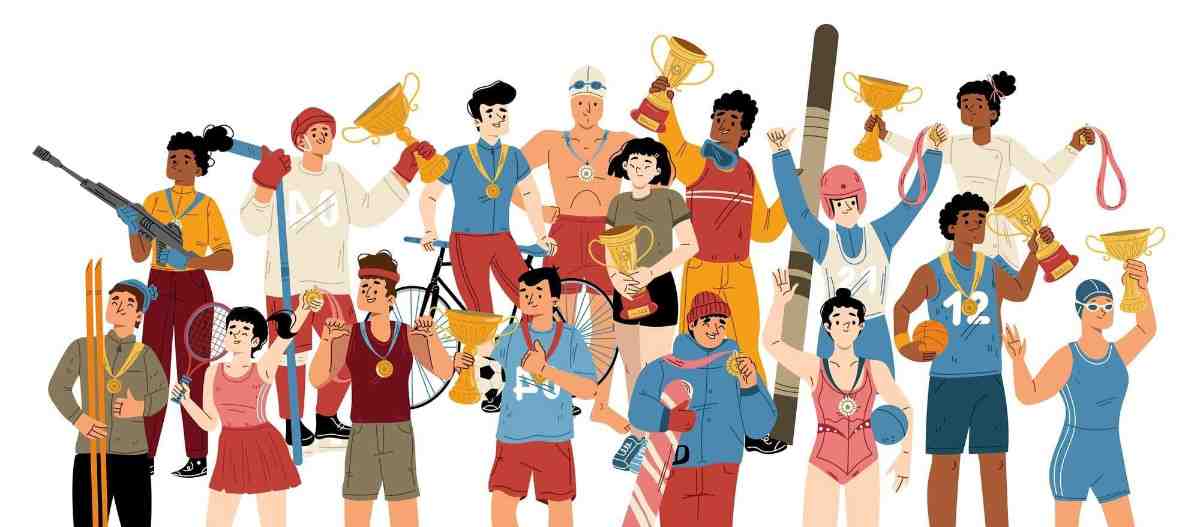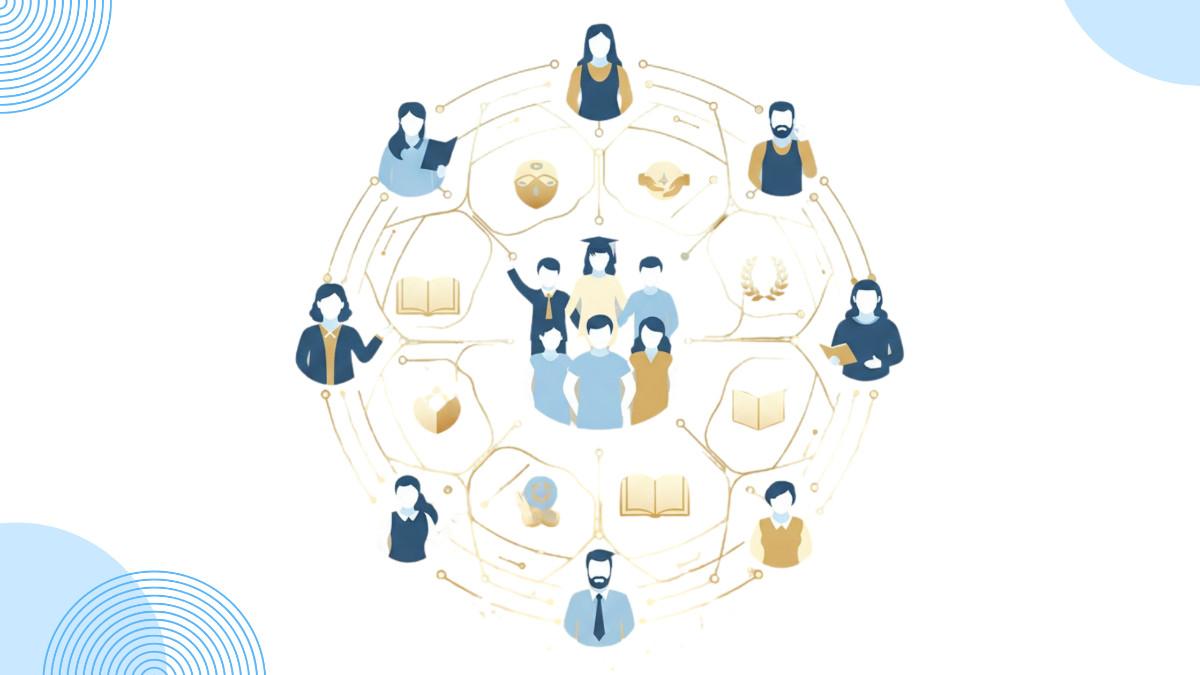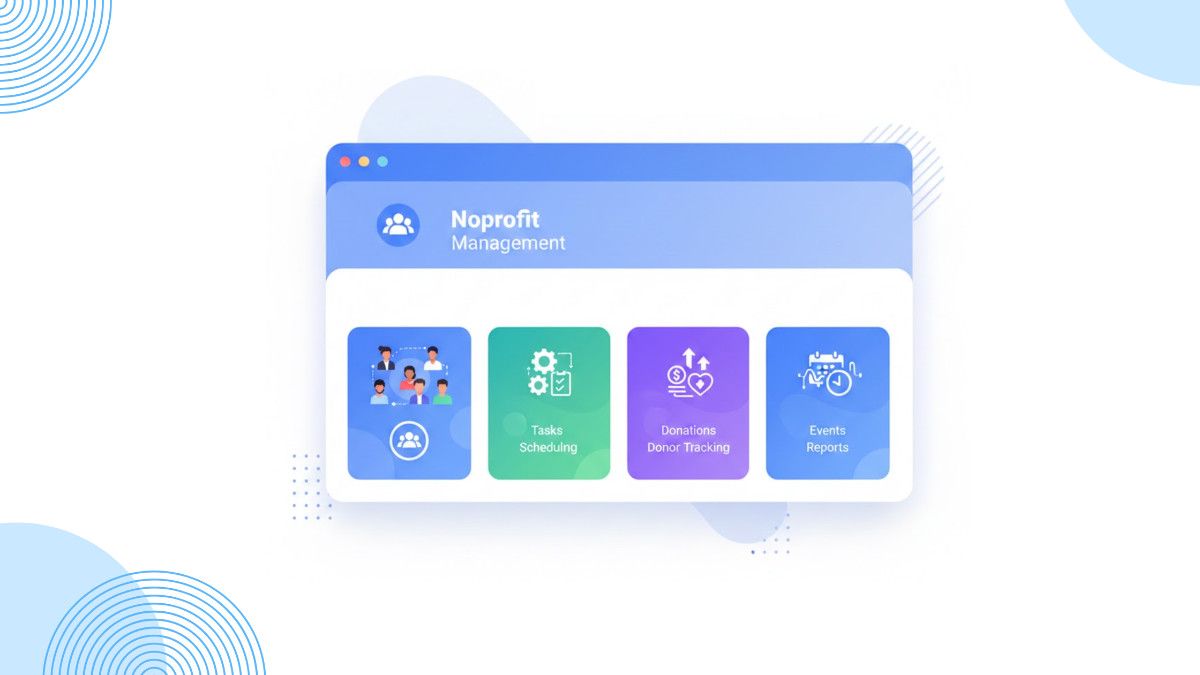Why an Athletics Alumni Community Matters

The athletics alumni community holds significant importance for universities and colleges because it builds on strong ties from the student experience as well as a point of pride for the institution. The core of this community is former student-athletes who have participated in one or more sports during their time at the institution and can include their classmate-fans as well as parents and others. Here are some key reasons why the athletics alumni community is valuable:
What is an Athletics Alumni Community?
Before going further, let’s understand what an athletics alumni community really is.
An athletics community is a group of people united by a shared passion for competitive running, jumping, and throwing events, encompassing athletes, coaches, fans, and supporters, often fostered through local clubs, events, and social media.
The final whistle blows, but the journey doesn’t end. The friendships, lessons, and pride stay with you forever. That’s what it is.
It’s a way to stay connected, support future athletes, and keep traditions alive. Whether mentoring, cheering from the stands, or giving back, every role matters. Once an athlete, always an athlete
Why Community Matters in Athletics?
1. Networking and Involvement
Sports teams and alumnae groups of athletes are an ideal forum for maintaining contact. Alumnae student-athletes can remain in contact with their school, attend games, and sponsor team players. Not only do such affiliations promote interpersonal relations but also provide professional networking opportunities among like-minded people interested in sports.
2. Mentorship and Guidance in the Athletics Community
Experienced players understand the challenges of balancing school and sports. Alumni who have experienced such challenges can serve as mentors, guiding current players in their sports, studies, and careers. Such mentorship fosters a culture of nurturing and care, where every succeeding generation of players is superior to the last.
3. Fundraising and Support
Athletes create a deep emotional attachment to their sporting experiences, and thus they are great promoters of their alma mater. Alumni contributions can be the difference-maker—giving scholarships, upgrading training facilities, and upgrading overall sporting programs to support future athletes.
4. Positive Role Models
Successful student-athletes who become successful alumni are living examples that athletics and academics can be balanced. Their path from student-athlete to career professional is a model, inspiring current players to succeed on and off the field.
5. Creating Traditions and Pride
All university athletic programs and clubs are rooted in tradition. Alumni are the power behind passing on these traditions to the next generation and present athletes, instilling loyalty, pride, and a deep sense of belonging.
6. Recruitment and Retention
A strong network of athletics alumni makes the university stronger in terms of recruiting quality student-athletes. Having the self-confidence of belonging to a positive, dynamic group upon graduation allows colleges to retain higher-quality student-athletes and build sport culture.
7. Volunteerism and Leadership
Besides money, alumni come back in other ways—sitting on advisory boards, mentoring younger players, and organizing events that foster the athletics community. Their presence dictates the destiny of the club and establishes a leadership culture.
8. Camaraderie and Team Spirit
From the high-fives after an incredible play to the hugs after a heartbreaking loss, friendships begun on the field endure forever. Alumni events and reunions jog the memories of past teammates about their glorious past and carry on the tradition of friendship to life after college.
9. Increasing the University’s Visibility
A successful alumni group in athletics advances the positive reputation of a university. When graduating student-athletes are gainfully employed and also socially conscious, they advance their university by making its athletic programs worth it.
Strategies for Strengthening the Athletics Alumni Community
1. Develop Supportive and Welcoming Environments
A strong sporting fraternity thrives where everyone feels home. Maintaining diversity and inclusiveness between clubs and alumni associations heightens the sense of camaraderie, with sport as a leveler.
2. Establish Club Traditions
From ceremonial pre-game rituals to biennial alumni games, traditions provide a lasting identity to a sporting club. Shared identities lead to strong identification, as players and alumni stick with them much longer than their respective playing careers.
3. Host Social Gatherings and Alumni Parties
Organizing social gatherings like BBQs, reunions, and mentorship meetups closes the gap between former and present athletes. These relaxed encounters solidify camaraderie and community over competition.
4. Recognize Achievements
Celebrating individual and team accomplishment—whether it is a championship win, an individual achievement, or an alumnus achieving professionally—increases positivity and respect for each other in the athletic community.
5. Be an Example
Strong leadership from coaches, captains, and alumni establishes the tone for the entire athletics department. By instilling values of teamwork, sportsmanship, and perseverance, they create an environment that fosters success on and off the field.
6. Make Giving Back a Tradition
Keeping alumni engaged—through mentorship, donation, or volunteering—ensures the next generation of athletes learns from the past.
Beyond the Game: The Lasting Impact of Athletics Community
An athletics program isn’t just about competition—it’s about building a culture of support, resilience, and lifelong connection. By nurturing strong ties between current and former athletes, sports clubs and institutions create a thriving network that extends far beyond the field.
From mentorship and career development to financial support and school pride, the athletics alumni community is a driving force in sustaining and growing the legacy of sports. Strengthening these bonds ensures that every athlete, past and present, remains part of something greater—a team that never stops playing, a family that never stops growing.
Let’s discuss the idea
Join hundreds of companies transforming their corporate communities with Almashines






